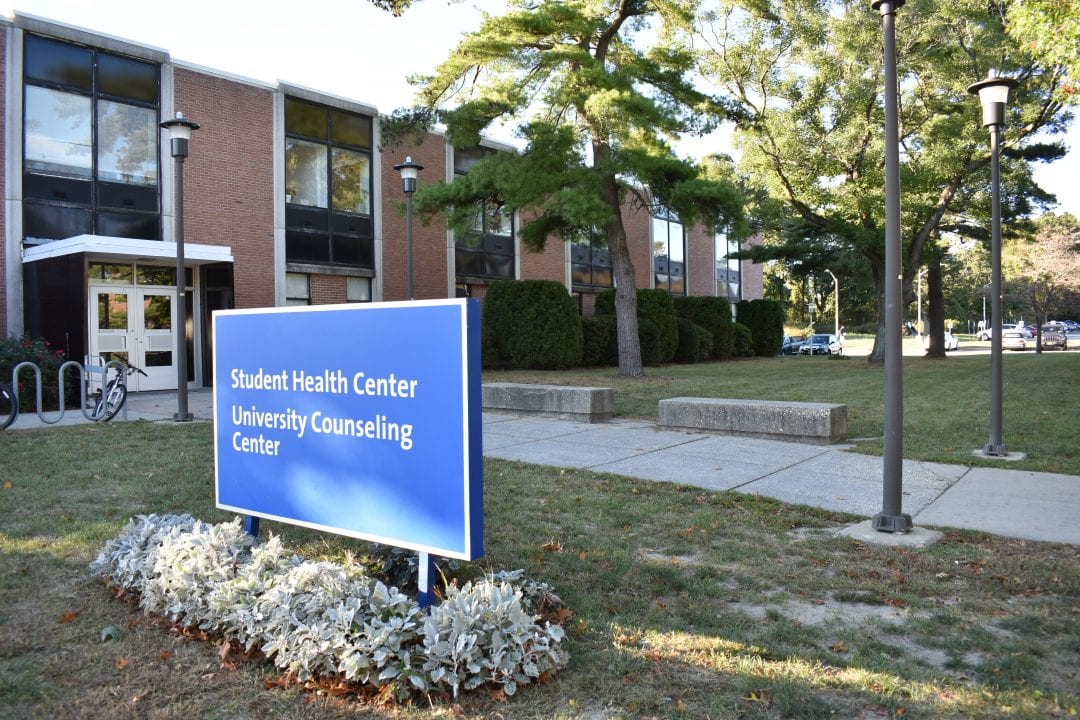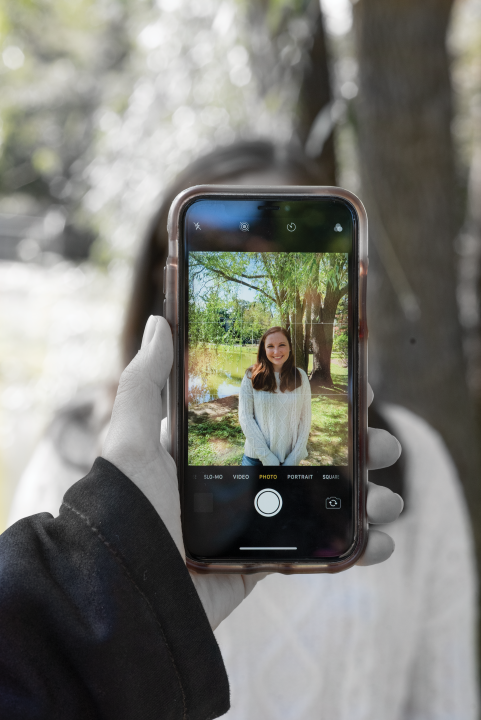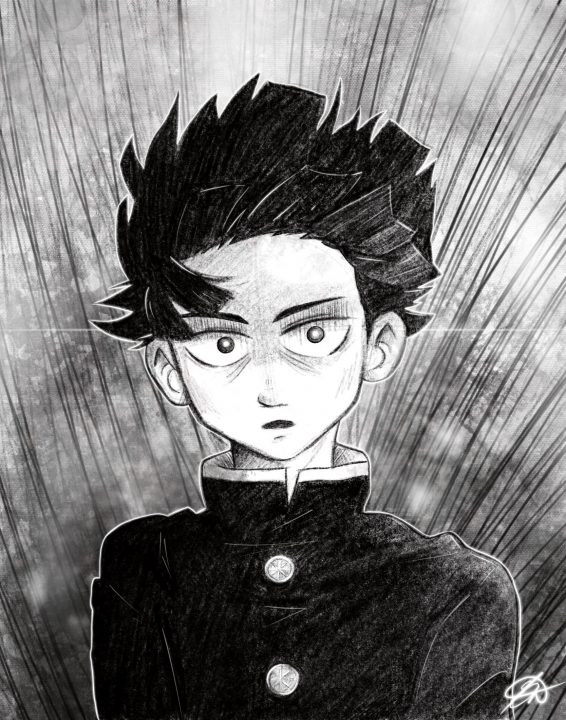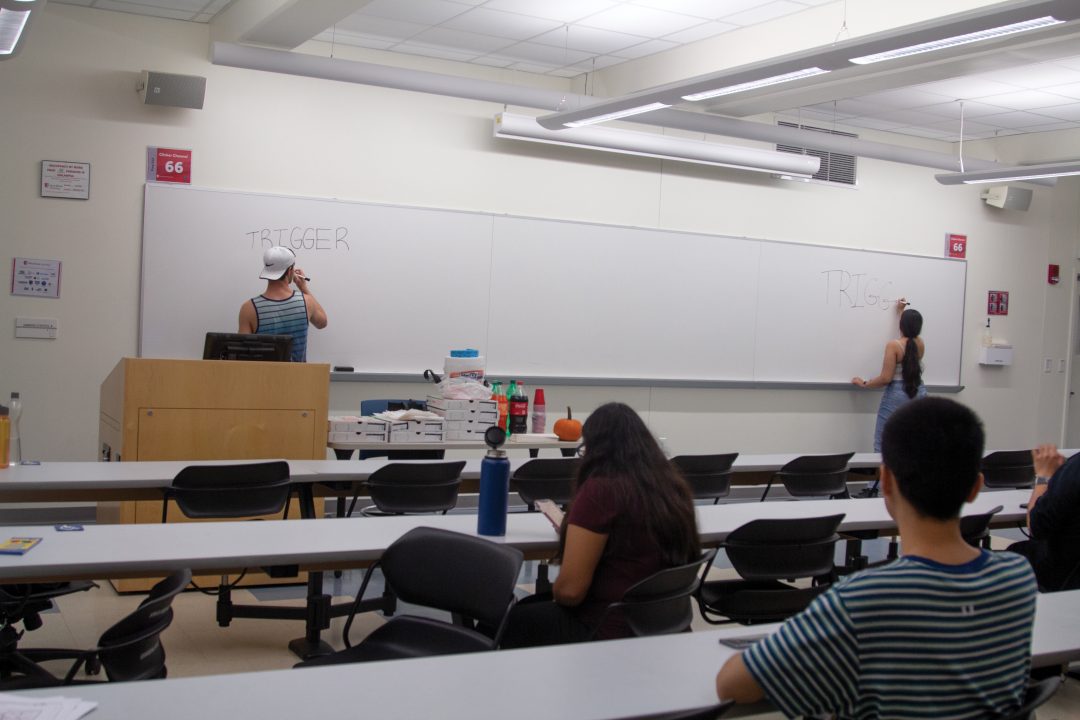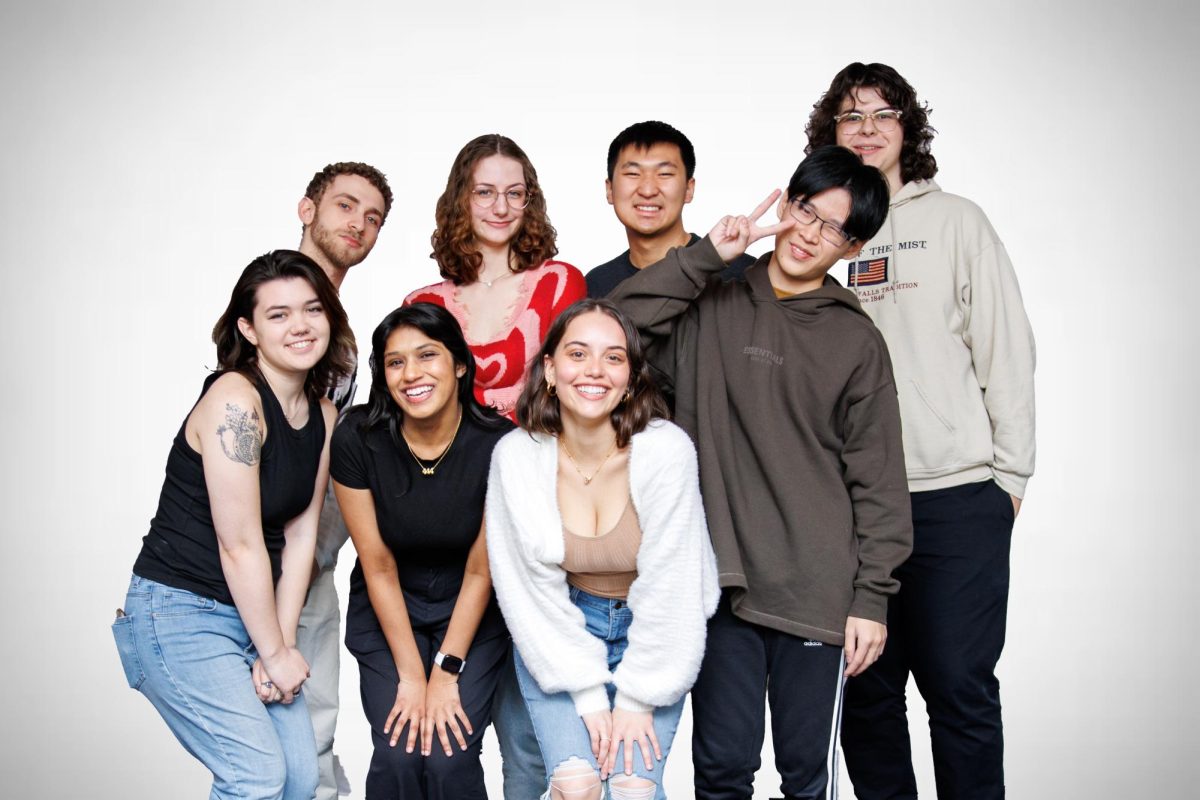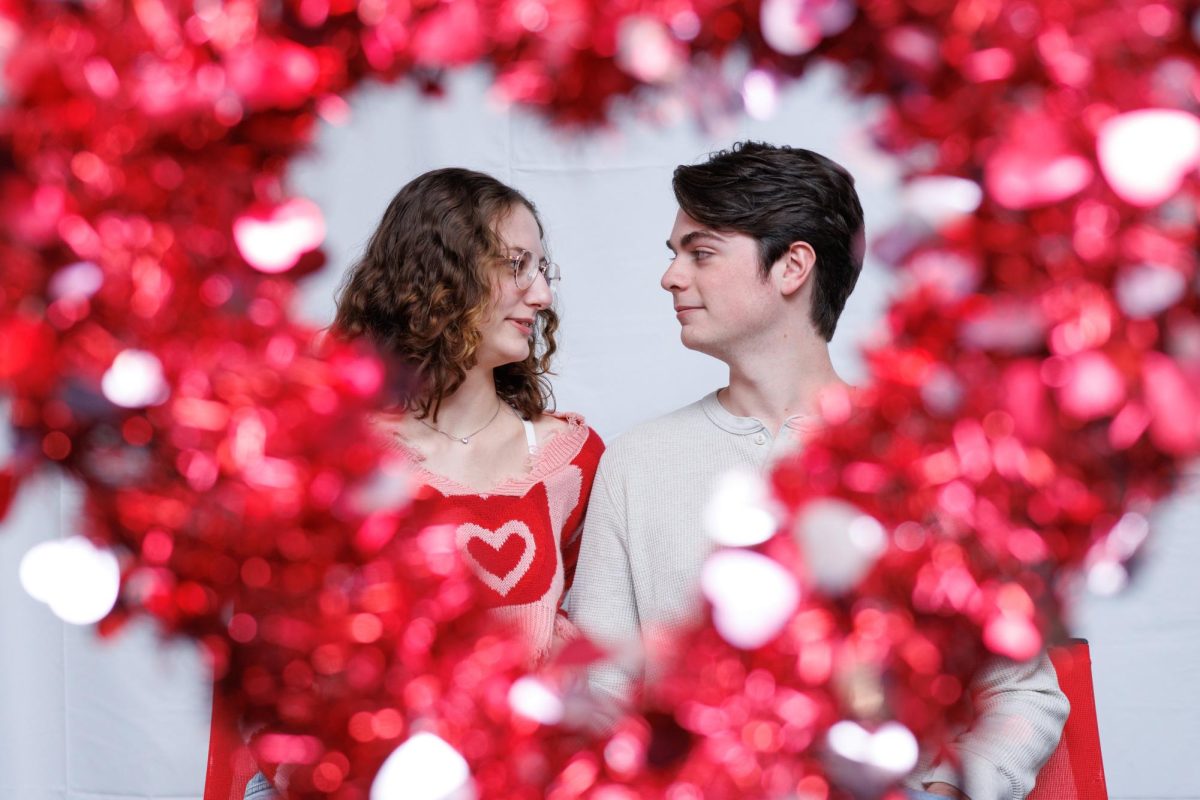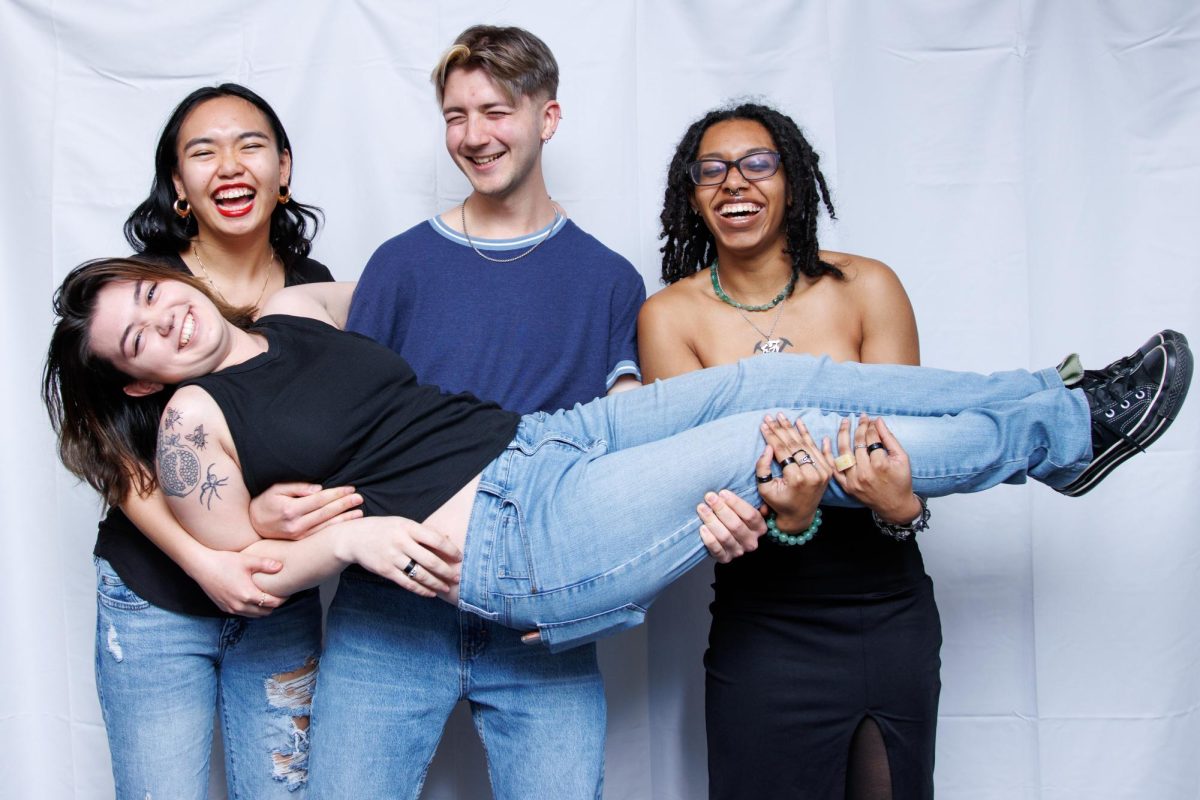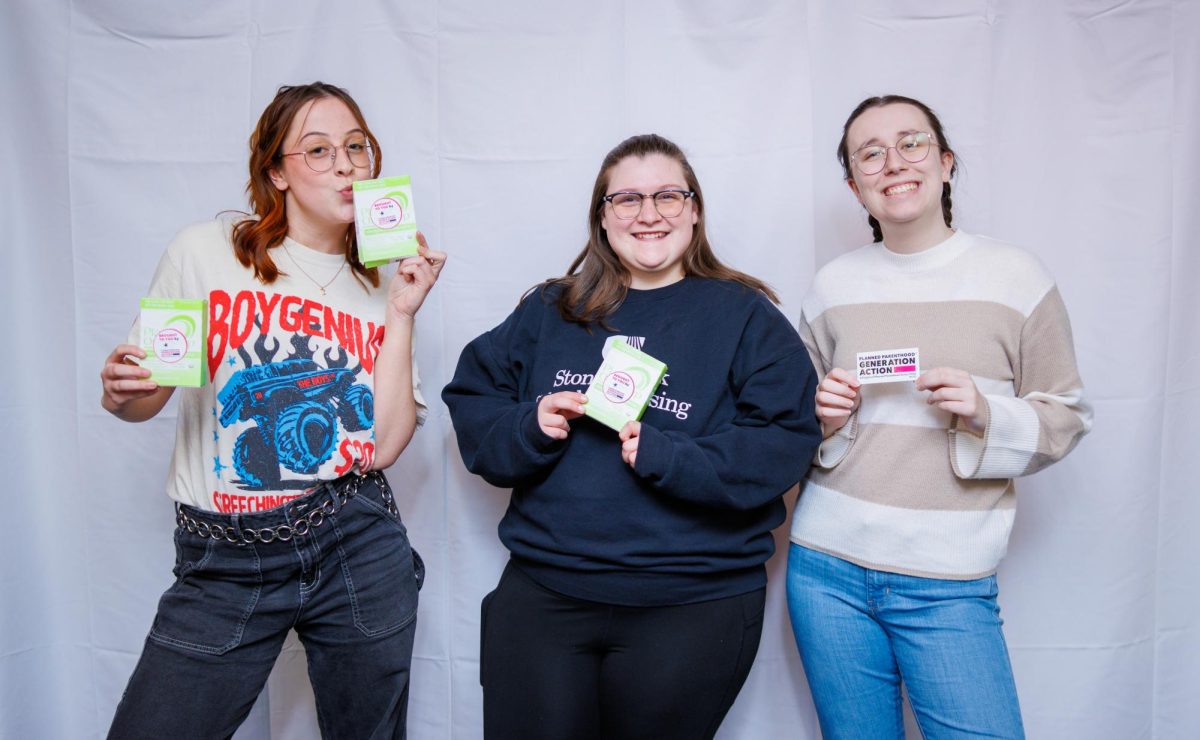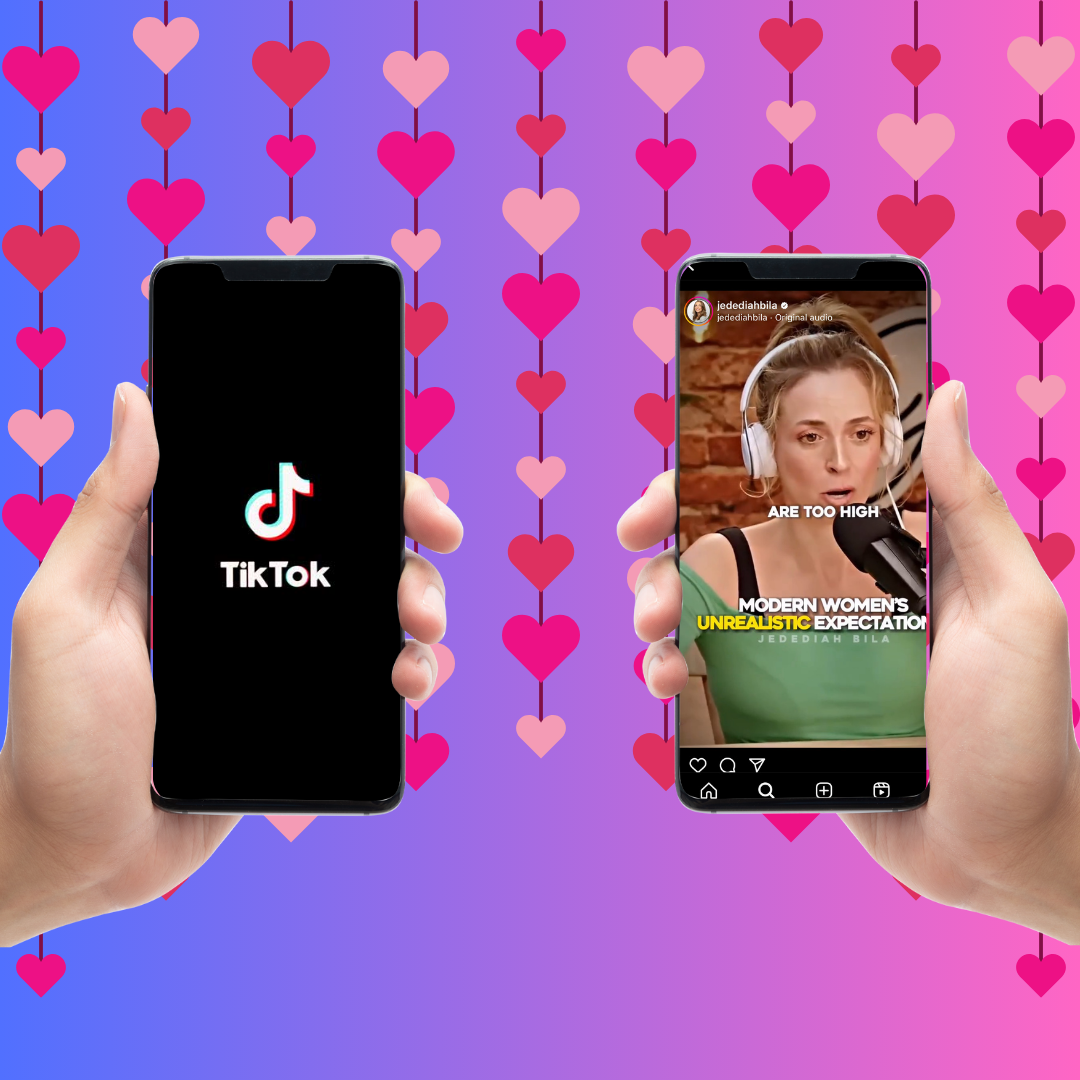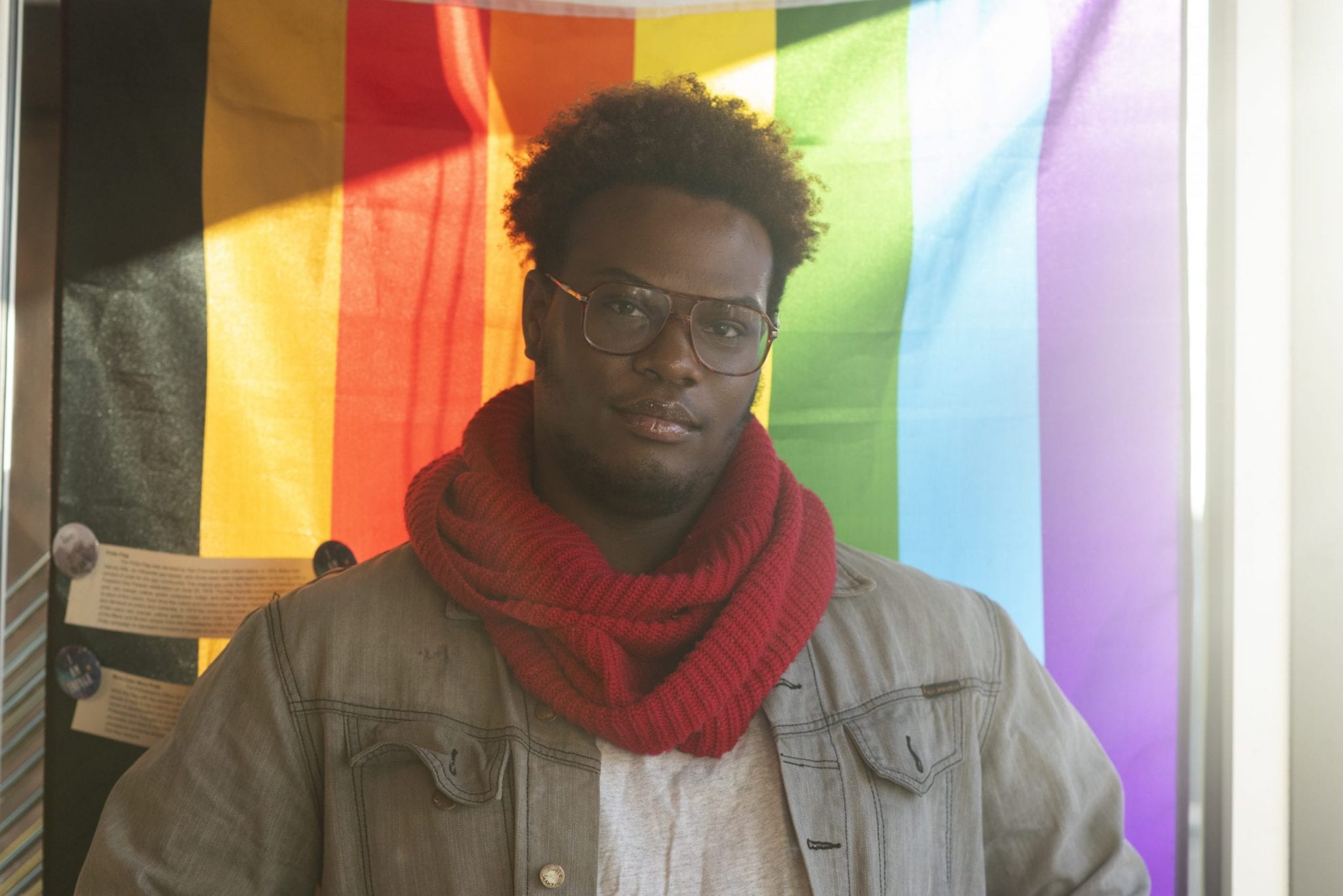
There is no doubt that the world has changed. Over the last year, the world has been hit by a global pandemic, there have been numerous murders of Black people at the hands of police and the upcoming November election has added to the political tension in the United States. Few are unaware of these harsh realities — including Carine Green.
Green is a Black student at Stony Brook University in their junior year with a double major in women’s, gender, and sexuality studies and political science.
In Green’s years at Stony Brook, they have established themselves as a dedicated and tenacious student. Green is the president of House of Shade, a club catered to Stony Brook’s Black LGBTQ students. Green is also part of Stony Brook’s chapter of the National Black Law Students Association and is the culture editor at the student-run publication The Press.
“I’m an extrovert, I need human contact,” Green said. Their extroverted energy helps them maintain a strong connection with the campus community.
But this very same energy was restricted in March when New York State Gov. Cuomo declared that all state universities and colleges were to implement distance learning.
The change to online education was not easy. Green stayed on campus, a decision that only advanced their descent into mental disarray. The lack of human interaction took a toll on Green’s mental health.
“Every day, I would get up, get my breakfast, get my lunch, get my dinner and then I would you know, watch these shows, do this homework, and it was really just about keeping myself sane,” they said.
No longer could Green hang out with friends in dining halls or interact with the community they had cultivated within the House of Shade — Green was now alone, in the physical sense of the word.
During Green’s time in student housing during the pandemic, they noticed rancid conditions.
“The ceiling was cracking,” they said. “When they got the room evaluated, they actually told me like if the water damage extended to the ceiling, it could have just fell in on me. The school did not take it seriously.”
This only worsened Green’s ability to cope mentally. All of these changes rolled up into a feeling many people know well — depression.
“I felt like very, you know, sad all the time, very depressed. That kind of carried over to seeing all of what was happening with the black community and Black Lives Matter,” Green said.
The death of George Floyd at the hands of police officers in May lit a match that sparked outrage and unrest across the country. Floyd was a catalyst for the deep-seated emotional turmoil many Americans were experiencing during the time — turmoil caused by job loss, income scarcity and death from a virus that people knew little about.
Brownsville, a neighborhood in Brooklyn and Green’s home, was impacted too. Green recalls seeing footage of a violent police interaction that took place a few steps away from their grandmother’s house. The potential for danger worried Green and they quickly reached out to their family to ensure they were safe.
“It was just coupled with the loneliness I felt, then on top of that, the worry that something bad might happen to someone quite loved that made things exponentially worse,” Green explained.
Like most, Green decided to take their frustrations out onto the street.
“I debated for a long time going to protest in the city,” Green said. Since Green had never been to a protest before, the decision to join wasn’t easy.
With cardboard signs with slogans like “police silence equals violence” and “all Black lives matter” scribbled across it, Green traveled into New York City for their first protest. Although the walking, heat and large crowd were a lot to get used to, Green enjoyed the experience. They noticed an immediate boost in their mood — genuine happiness.
“It felt very freeing, I felt very liberated; I felt very in control for once,” Green declared.
This feeling extended through the rest of the summer and into the Fall 2020 semester. Although Green felt disenfranchised and irritated with the university, they still chose to hold on to joy.
Green is somehow able to push through the chaos.
“Just knowing that I’m part of so many different things, that I have people actually counting on what I do. It inspires me. It drives me to do better to be better,” Green said.











